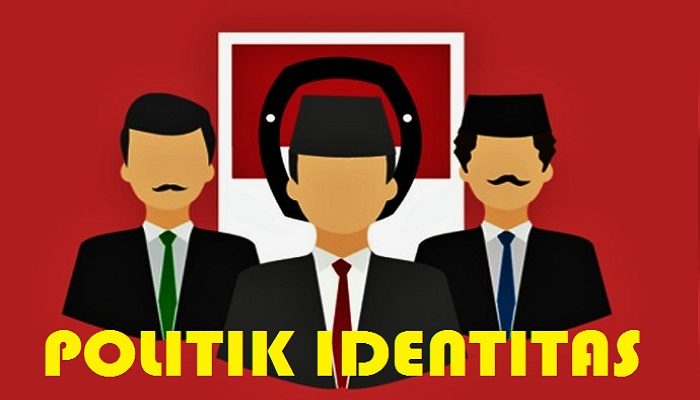Realizing the 2024 Election is Peaceful Without Identity Politics
Ahead of the 2024 election contest, the presence of identity politics is predicted to trigger national divisions. In fact, elections are a democratic social celebration where nothing negative should arise. All religious leaders should not broadcast identity politics during sermons during religious activities.
Identity politicization is an attempt to utilize identity politics for certain political interests which have the potential to insult, incite and divide the nation’s children. Cyberkreasi Chairman Donny BU said that identity politics involving religion and the behavior of contestants who nominate themselves in the democratic party will remain the favorites for hoax makers, with the aim of disrupting the 2024 elections. Hoaxes are the easiest way of persuasion to influence people, because you can use simple communication channels via social media which are widely used by the public.
Deputy Chairman of the MPR Ahmad Basarah also reminded that identity politics is very dangerous if implemented because this politics can give birth to a binary opposition that pits the government against society, or society against other communities who feel different from each other. Identity politics can divide society for a long time. This happens because identity politics is part of the political strategy itself which focuses on finding differences in society and then exploiting society’s primordialism to attract political sympathy.
Identity politics can pose a threat to democracy, because political aspirations grouped into several groups such as political parties and non-governmental organizations (NGOs) have certain identities. If the democratization of a country creates conflict between identity groups, then the stability of that country will be destroyed. One of the factors that can trigger identity politics is identity groups that prioritize a group to gain political influence. Apart from that, another factor that can trigger identity politics in Indonesian democracy is the political system and the role of actors in managing the identity politics that occurs.
Wawan Mas’udi as Gadjah Mada (UGM) Political Expert predicts that identity politics will still be a strategy in the upcoming 2024 election. Identity politics has become very critical considering that the battle was carried out in two rounds and only brought together two candidates. In the 2024 election, the issue of identity politics will still haunt us. These identity politics issues arise from various factors such as religion, ethnicity, gender, and others. The impact of identity politics in the upcoming 2024 elections is that the candidates competing will ignore policies and quality if in the process they only focus on promoting identity politics.
In fact, identity politics is something that cannot be completely eliminated in a democracy. Because, the description of the political identity adopted by citizens is related to their political direction. Identity politics is a political concept and movement whose focus is difference as a main category. Such as the formation of political alliances based on shared identities, values, or backgrounds and is an unavoidable consequence in a democracy that guarantees freedom. As a result, the results of identity politics are dangerous for the stability of the country, because they can trigger conflicts between believers and state issues.
Pancasila as the basis of the state has an important role in suppressing identity politics. The values contained in it reflect a life that upholds divinity, human values, awareness of unity, democracy, and upholds the value of justice. The Indonesian nation as a Pancasila nation must be strengthened again in the hearts of all Indonesian people, because Pancasila is the basis of a country that embraces all differences, and filters out issues of race, ethnicity and religion, so that Pancasila plays an important role in minimizing identity politics ahead of the 2024 elections. Public political awareness also needs to be increased again so that political issues characterized by provocation and hatred do not occur and make the 2024 elections democratic.
All political party activists from any party should maximize Law no. 2 of 2011 concerning political parties. The law states that political parties must carry out political education, create a climate of unity and integrity, absorb and channel people’s aspirations, practice Pancasila, and maintain the integrity of the Republic of Indonesia.
Lampung Province Ministry of Religion, Puji Raharjo, said that the millennial generation must be able to understand the dangers of identity politics and promote the perspective of religious moderation. Millennials must also be active in fighting for the values of tolerance and pluralism and building awareness of the importance of religion by bringing its essence, not its casing. The millennial generation must become unifying agents who continue to maintain the existence of the Unitary State of the Republic of Indonesia.
All parties involved in the election should be able to provide knowledge regarding identity politics to the public. The hope is that people can understand and be invited to stay away from identity politics. Identity politics is a serious threat to Indonesia’s diversity. To anticipate the emergence and rise of identity politics in the 2024 elections, all forms of political activity that erode tolerance must be dealt with firmly and fairly. This is not only the task of the government, but of all Indonesian society.
